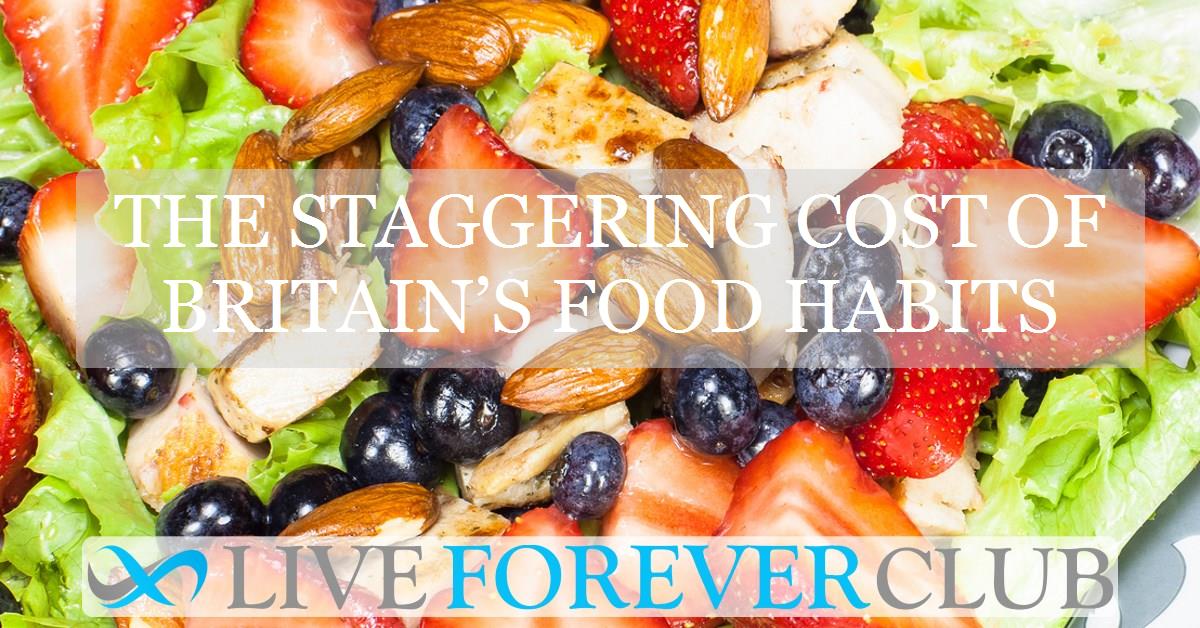Key points from article :
The UK's growing reliance on unhealthy, ultra-processed foods costs the nation a staggering £268 billion annually, according to a report by the Food, Farming and Countryside Commission (FFCC). This figure exceeds the entire NHS budget and highlights the profound impact of diet-related illnesses on both public health and the economy. The costs are split between direct government spending (£92 billion) on healthcare, social care, and welfare for conditions like type 2 diabetes and heart disease, and indirect costs (£176 billion) stemming from lost productivity and the personal toll of illness and early death.
Professor Tim Jackson, an economist at the University of Surrey, led the research, describing the £268 billion estimate as "very conservative." His analysis underscores the pressing need for stronger government regulation to curb the influence of "big food," which prioritizes profits over public health. The FFCC’s recommendations include providing vouchers for low-income households to buy healthier foods and offering greater support to farmers to produce nutritious, UK-grown options.
The report also warns that the market for ultra-processed foods is expected to grow faster than overall food sales in the coming decade, worsening health outcomes. Critics argue that current approaches, such as reliance on expensive anti-obesity drugs, are unsustainable and ineffective compared to preventive measures like promoting a balanced diet. The FFCC calls for systemic reforms to address these issues, while Labour's proposed policies, such as restricting junk food advertising and energy drink sales to minors, reflect a growing consensus on the need for change.
Addressing the cost of a healthy diet, the report highlights disparities in affordability. Following government dietary guidelines would require UK households to spend significantly more on food, posing a particular challenge for low-income families amid ongoing food insecurity and a cost-of-living crisis. Experts like Dr. Dolly van Tulleken emphasize the urgency of holding the food industry accountable for its role in perpetuating this crisis, which she describes as privatizing profits while socializing harms.







